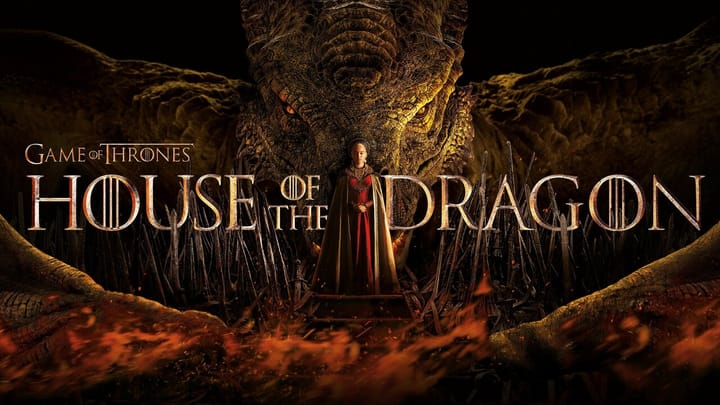The Blueprint 75
"It's a curse to have everything go right on your first attempt." – Robert Greene

Quote of the Week
"It's a curse to have everything go right on your first attempt." – Robert Greene
Book of the Week
The Snowball: Warren Buffett and the Business of Life by Alice Schroeder
Videos of the Week
Never stop learning. The most important stuff you learn in your career comes after college. The good news is that college teaches you how to learn, which is priceless.
Ken says that you NEED mentors – especially mentors that care about you having a successful career.
If you're no longer learning at your job, change teams or firms immediately.
You should learn from other people's mistakes. When Long Term Capital went down in 1999, Ken went to their management and asked them all about what happened.
- In 2001, when Enron went down, Ken and his team interviewed people at Enron for a few days. Asking them what worked, what didn't work, and how they made money.
"I'm always trying to figure out how I can do better; how to be better."
"Success is elusive. However high you climb, success is probably twice as far."
Total addressable market (TAM) is important. Getting into an industry with a large TAM increases your chances of success.
Everyone is a salesperson. Every CEO is a salesperson. They have to sell to VCs to get investment capital. Sell to customers to get sales. Sell to employees to attract and hire them. And they have to sell themselves to the government too (say that you are an honest and diligent company).
- If you don't like to sell, too bad, you have to.
Read Good to Great by Jim Collins. Read Bruce Henderson's business strategy books. Read Hardball by George Stalk.
If you make an already-known but useful product beautiful, easy to use, and effective, you can sell a lot of it. Ex) The Apple iPod was an MP3 player (MP3 players already existed) that was well-designed, beautiful, came in a nice box, and was easy for consumers to use.
In business, you have to win by a landslide. If you don't, your competitors will eat your market share.
Pattern recognition: Study successful businesses even if they're far removed from what you do. There are principles, strategies, or tactics that could apply to your business.
- A great example: Citadel used to print out risk information and give it to their employees. Using this system, Citadel was B-quality risk management. Then they built a giant screen (30 ft long x 10 ft high) that covers the wall in their Chicago HQ that displays the same risk information. They immediately became the industry leaders in risk management. Packaging matters. Where did they get that idea? They went to Saudi Aramco's operations facility in Saudi Arabia and they had a giant screen that displayed their data on oil field output, power plant production, ships at sea, etc.
- Find the best ideas from research, academia, and Wall Street, and implement those ideas.
Figure out: who are your great competitors, the best thought leaders, who do you want to emulate and learn from?
- Ken's idols in college were Henry Kravis and Paul Tudor Jones.
"At its core, machine learning is about pattern recognition."
Citadel's most profitable area is stock picking (not AI or ML or algorithmic trading). They have top analysts deeply study a stock and understand everything about it – From understanding relationships with suppliers to auditing the code of their software. The best stock pickers at Citadel are right 53% of the time – it's almost 50-50. They use technology to help these people make better investment decisions but it's people (not computers) who are ultimately picking the stocks.



Comments ()